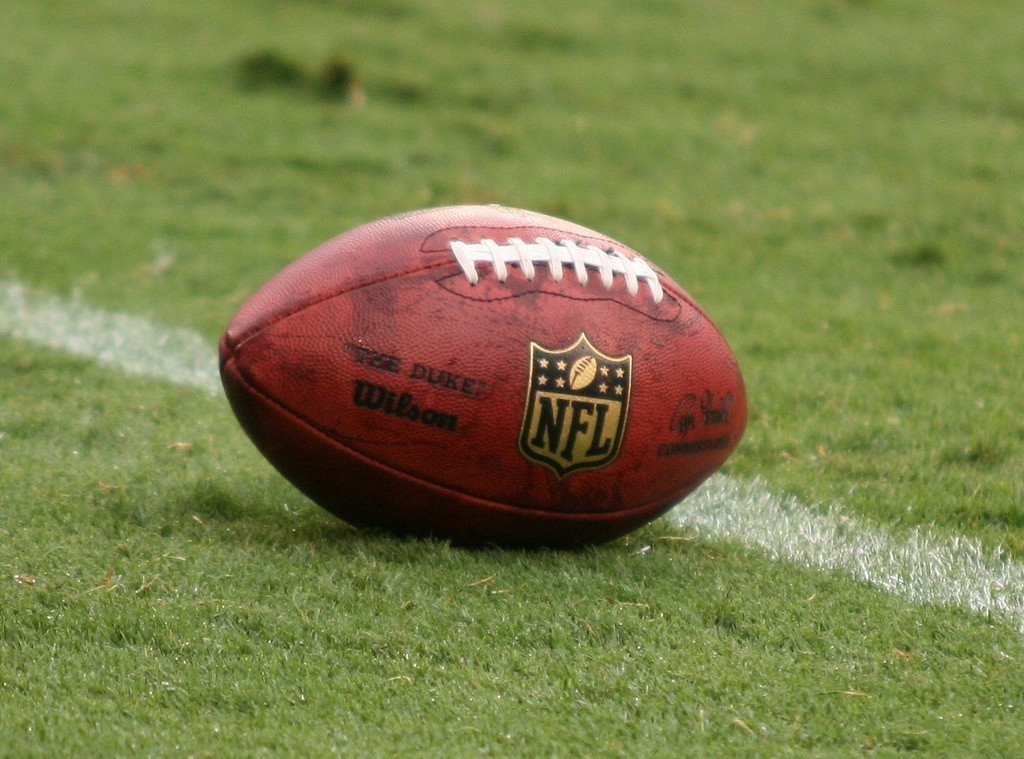
The National Football League has hired Goldman Sachs to explore a revamping and restructuring of NFL media assets, including the NFL Network, as a way to expand the reach of these networks and offerings.
The NFL is not looking to sell assets like the NFL Network, NFL Digital, NFL RedZone and related media rights. Currently NFL Network is a niche cable offering, but with the future of NFL Sunday Ticket still up in the air after the 2022 season, there’s the potential to put together a bigger package that could attract the interest of media giants like Disney (who could leverage these assets across their Hulu and ESPN+ platforms) or upstarts like Amazon.
The core belief: by partnering with a larger media player, the worth of these digital assets could be enhanced. The NFL has done a pretty good job of monetizing game broadcasts to the tune of $113 billion from CBS, Fox, NBC, ESPN/ABC and Amazon, but the bigger issue here is to monetize those non-core NFL media assets. Yes, there will always be an audience for NFL Sunday Ticket–and honestly, limiting it to DirecTV really limits its appeal in the time of cord cutting–but there’s limited evidence to whether there’s a big demand for NFL Network, NFL Digital, NFL RedZone. By partnering with a bigger media entity, expanding their reaches and targeting some offerings for cord cutters, the NFL may have a greater chance of broadening the appeal of these assets. From the Wall Street Journal:
League and team officials stressed that they aren’t looking to sell the networks, and said the NFL will maintain control of them.
“We are not selling. We are looking for investment partners,” said Dallas Cowboys owner Jerry Jones in an interview. Mr. Jones is a member of the league’s media committee and chairman of the owned and operated media committee, which includes the NFL Network and RedZone.
In its letter to team owners, the league said it is aiming to create “an even more dynamic media asset that extends reach and engagement and creates additional value for the clubs—including through direct-to-consumer opportunities, new and innovative content and formats, and international expansion.”
Three years ago, the cord-cutting movement put entities like the NFL in great shape to develop their own media offerings and bypass the big media players: you don’t need a Hulu or ESPN+ to create a streaming service these days, but you need to work hard to differentiate yourself from the crowd.
In the end, how important are these partnerships? In an age when we are seeing a host of cord cutting, they in theory could be important. But if the NFL wants to sell of rights and then reap almost all the benefits, owners may be disappointed.
